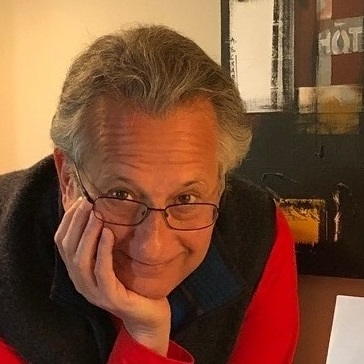Is equality the enemy of quality? As America revisits health care, this question matters.
Nobel Prize-winning economist Kenneth Arrow and others declared health care “different” from other economic endeavors, but their explanations are unsatisfying. Yes, the quality of your surgeon can determine whether you live or die, but so can the quality of your pilot, bus driver or auto mechanic.
No, patients don’t understand medical science, but car purchasers don’t understand auto safety engineering, either. Huge health questions and expenditures come unexpectedly and infrequently, but so do huge legal questions and expenditures. Why no demands for a single-payer legal system?
It’s mostly in health that the egalitarian drive is all-consuming. Why so? My pet theory is illustrated via three hypothetical cases:
(1) You’re a used-car dealer in Washington. A longtime customer visits your lot with his wife. You show them a $4,000 1972 coupe and a $40,000 2012 SUV loaded with safety features. He buys the 72 coupe and then dies in an accident that would have left an SUV driver uninjured. You’re sad, but feel no guilt. At the funeral, his wife thanks you for coming.
(2) You’re a physician at an American retiree colony in, say, Belize. Your patient falls gravely ill with Disease X. A $40,000 procedure introduced in 2012 would give her an 80 percent survival chance, but it’s not available in Belize. The only available treatment is a $4,000 procedure — introduced in 1972 — with a 20 percent survival rate. You try the older procedure, but she dies. Her family thanks you for your efforts.
(3) You’re a physician in Washington. A patient falls gravely ill with Disease X. You have the equipment to perform the $40,000 2012 treatment, but since she is uninsured, you do the $4,000 procedure for cash. When she dies, her family excoriates you for using the cheaper treatment, journalists hound you mercilessly, and you pass sleepless nights.
In each case, you — the seller — provided a buyer with a less-expensive, less-effective option, and each buyer died. In the first two cases, you experience neither guilt nor castigation. In the third, you suffer from both. Why?
Comparing No. 2 and No. 3, a possible explanation is: “The D.C. physician had access to the better treatment, but the Belize physician didn’t.” But that logic fails when comparing No. 3 and No. 1. The car dealer did have access to state-of-the-art vehicles, yet he willingly sold old, inferior technology that potentially killed the buyer. Yet he experiences no guilt or shame.
Here’s my guess why: No. 3 is the only case where the buyer, facing death, can say, “I made the wrong purchase; I want the better product; and I can’t pay for it, so someone else should.” In No. 2, the dying patient may say, “I wish I hadn’t moved to Belize,” but, there’s no way to reverse that decision in time. In No. 1, as a truck slides toward the 1972 coupe, the buyer may momentarily think, “I wish I’d bought the SUV,” but he can’t insist, “Before that truck hits me, move me into an SUV — and you pay for the swap.”
Only in No. 3 is there time to feel buyer’s remorse, blame the seller, and demand restitution. Outside of health care, there are relatively few goods or services where this situation is coupled with such grave consequences. This, I suspect, is what makes health care debates so rancorous. Few would require all drivers to purchase state-of-the-art SUVs, but many insist we all must have equal health insurance coverage.
The World Health Organization’s widely cited, hopelessly misleading rankings of national health care systems rest on the idea that equality matters more than quality. In many ways, America’s admittedly imperfect health care system outperforms those of Canada and Europe, but for many, the “universal coverage” mantra is everything. In 2010, The New York Times praised Rwanda’s universal health insurance and lamented America’s lack thereof — despite uninsured Americans receiving vastly better care than insured Rwandans.
No disparities? No buyer’s remorse. No guilt. But this benevolent impulse may discourage innovative care that initially is not universally available but eventually would be. Both Left and Right bow to this mindset, albeit in different ways.
In the long run, our better angels may bedevil health care.


